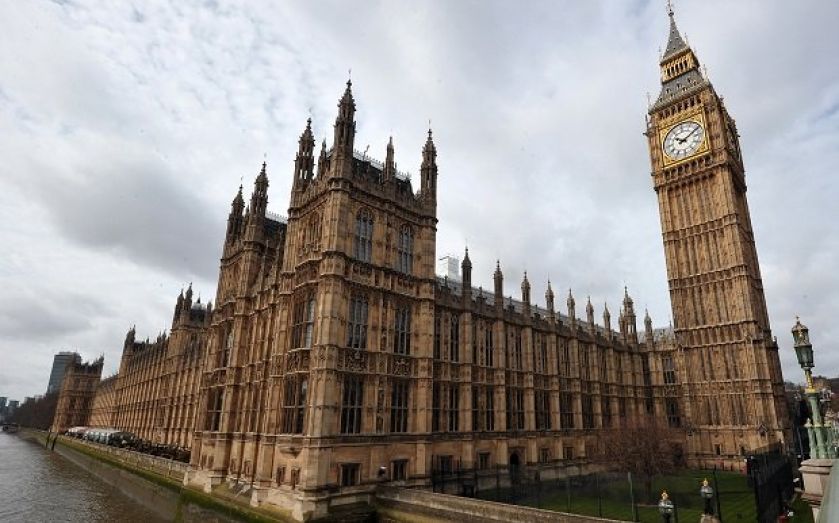Many MPs oblivious to policies that help entrepreneurs, poll finds

Many MPs are unaware of the host of policies in place to support entrepreneurship and are largely split along party lines on how best to support Britain's wealth creators, according to new polling conducted for the think tank The Entrepreneurs Network.
The YouGov poll of 105 MPs found an extraordinary lack of knowledge of already established policies geared to support entrepreneurs. More than 40 per cent had never heard of the Patent Box, one of the government's flagship schemes to make the UK a centre of innovation.
A whopping 66 per cent had never heard of the Angel CoFund, a £100m investment fund established to support small and medium-sized enterprises. The GrowthAccelerator, which was set up to back the UK's answer to Silicon Valley in the form of London's Tech City was only known to half of MPs.
Commenting on the survey, Philip Salter, director of The Entrepreneurs Network, said: “As things stand, MPs don’t appear adequately informed to vote on future policy changes impacting entrepreneurs. Also, MPs should be familiar with these schemes so that they are able to pass on details to the many entrepreneurs they meet in their constituencies.”
The politicians were also sharply divided on what policies should be put in place to support growth and entrepreneurship. An overwhelming majority of Tory MPs believed that cutting taxes and red tape would create a hospitable climate for innovators while Labour supported higher government spending.
Furthermore, the two major parties were at loggerheads when it came to exempting the UK from EU business regulation. More than 90 per cent of Conservative MPs believed the UK would benefit from such exemptions while just 15 per cent of Labour MPs thought the same. The vast majority of Labour MPs, 63 per cent, thought UK exemptions from EU regulations would actually harm entrepreneurship in the UK.
However, both Conservatives and Labour were united when it came to shelling out more money to raise the skills of the domestic workforce, with 93 per cent and 89 per cent supporting the policy respectively.